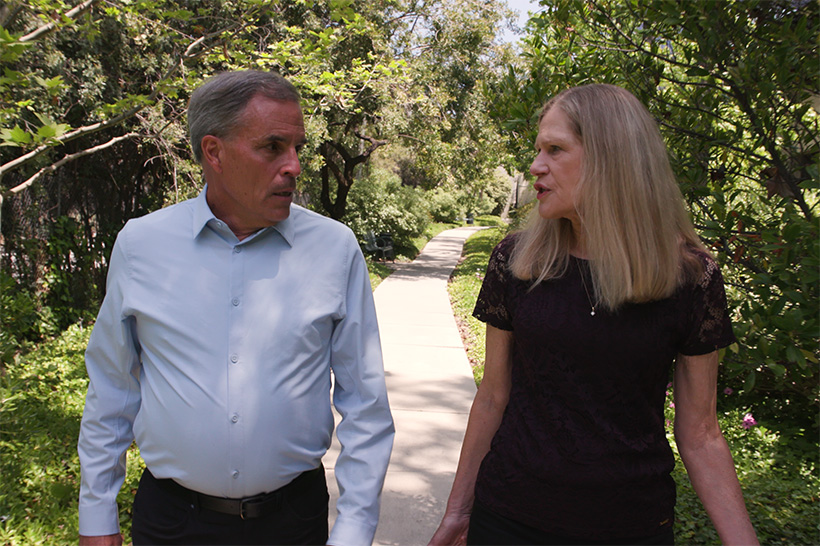
Focus Feature: Soda tax may impact children’s weight
Study finds children have lower BMI in cities with taxes on sugar-sweetened beverages
After 4 California cities began taxing sugar-sweetened beverages, young people in those cities had lower body mass index (BMI) compared to young people living in similar cities without the tax. The study was published in JAMA Network Open.
R&E News and Features

Program helping patients lower cholesterol nets international award
A Kaiser Permanente program that helps patients reduce their high levels of “bad cholesterol” won the prestigious UNIVANTS of Healthcare Excellence Award. And, even more importantly, the program has significantly improved the lives of patients with high cholesterol.

Recognition goes to research showing exercise can reduce COVID outcomes
The editors of the American Journal of Preventive Medicine chose a Kaiser Permanente study as their 2023 Article of the Year. The study showed that being active can lower a person’s risk of getting seriously ill with COVID, regardless of a person’s race or chronic conditions.

Reduced death rates from colorectal cancer with FIT screening
An analysis of Kaiser Permanente patients in California found a 33% reduced risk of dying from colorectal cancer among those completing at least one at-home fecal immunochemical test (FIT) screening. The study was published in JAMA Network Open.

Eating raw vegetables may improve bladder cancer outcomes
Non-muscle invasive bladder cancer patients whose treatment included the immunotherapy Bacillus Calmette-Guerin (BCG) after surgery were less likely to have their cancer recur if their diet included raw cruciferous vegetables like broccoli. The study was published in the Journal of Urology.
In the News
Investigating the impacts of COVID-19 on routine breast cancer surveillance
Targeted OncologyAugust 12, 2024COVID, flu and RSV: What to know about who should get vaccinated and when
American Heart Association NewsAugust 2, 2024Recurrent UTI in women: Risk factors identified among those with cystitis
Infectious Disease AdvisorAugust 2, 2024Wildfire smoke increases dementia risk more than other forms of air pollution, landmark study finds
Los Angeles TimesJuly 29, 2024
Five questions...

for Dr. Robert Sallis
Robert Sallis, MD, is a family medicine and sports medicine physician practicing at the Kaiser Permanente Fontana Medical Center. He also does health research and recently he was senior author on an article that showed being active can lower a person’s risk of getting seriously ill with COVID, regardless of a person’s race or chronic conditions. Editors chose the study as the American Journal of Preventive Medicine 2023 Article of the Year.

